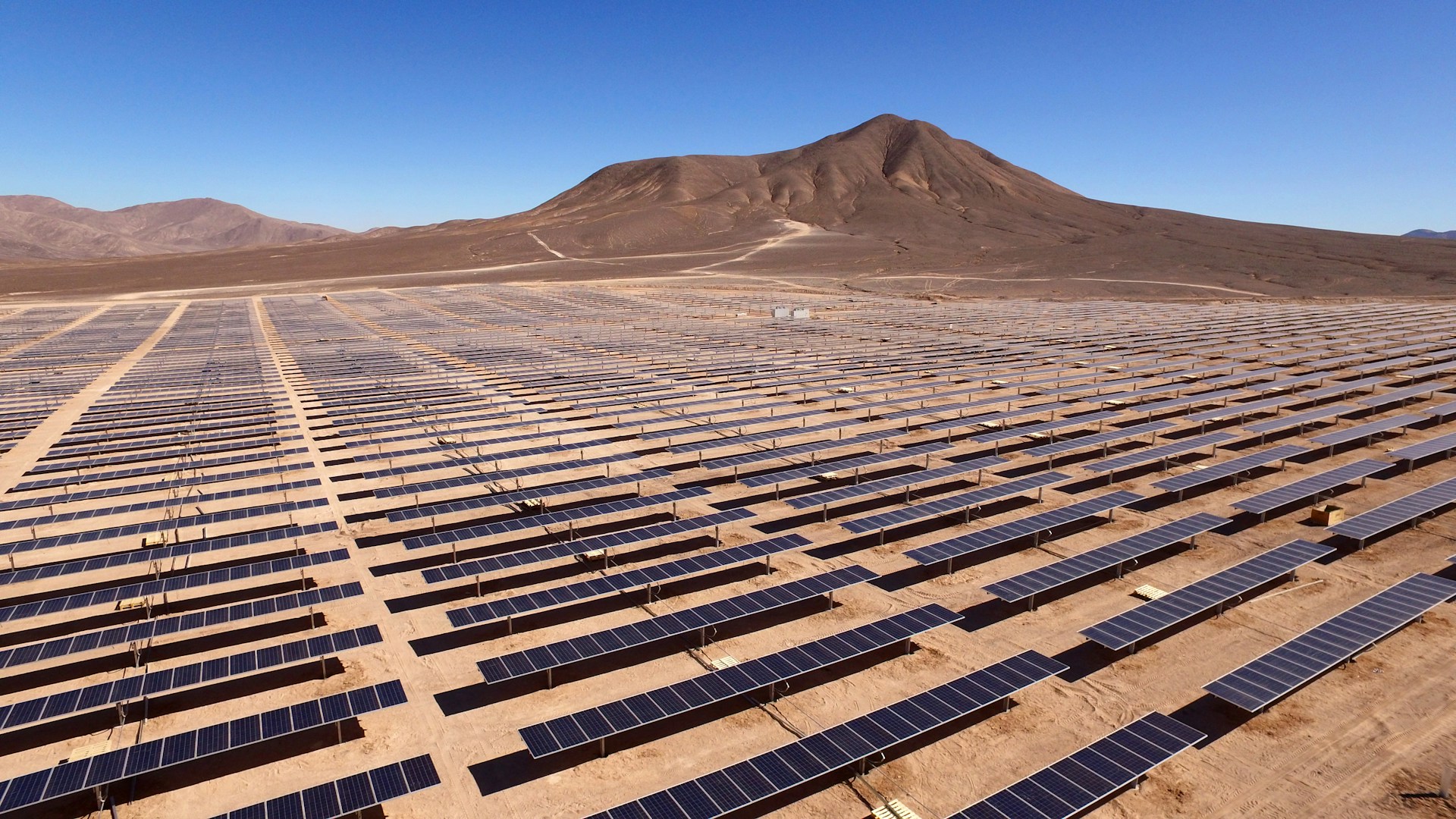Sustainable Agriculture: Why It’s Needed Today More Than Ever Before
According to the UN, 2.3 billion people were moderately or severely food insecure in 2021 – 350 million more compared to before the outbreak of the COVID‑19 pandemic. With high-income countries with more developed economies such as Australia, Canada, and the US facing serious public health concerns related to food insecurity, one must ask what the outlook is for less strong economies with growing populations.
The Food and Agriculture Organization (FAO) has highlighted that emerging economies face pressing challenges regarding food security and safety; multiple factors are responsible for current circumstances, including population growth, poverty, urbanization, and climate change. Moreover, when countries have limited resources and infrastructure, the risk of insufficient food supply and potential harm from contamination can lead to poor access to safe and nutritious food, particularly for vulnerable populations.
The international community plays a vital role in supporting emerging economies in addressing food insecurity and safety hazards. This is achieved by providing technical assistance and training, investing in research and development, facilitating market access, offering financial assistance, and promoting policies and regulations.
It is crucial that this assistance is provided in collaboration with local stakeholders, ensuring that it is tailored to the specific needs and context of each country and that it also avoids imposing external solutions or pushing an agenda that does not fit the country’s priorities.
Each country’s public and private sectors need to work together to ensure that sustainable practices in agriculture and food systems are put in place, in particular considering the enormous impact on the stability and well-being of future generations.
Here are 5 reasons why sustainable agriculture and food systems are important for the prosperity of growing economies:
1. Establishes durable and reliable food security mechanisms: A secure and consistent food supply for local inhabitants is essential for thriving. A method of producing food that can withstand environmental variations, such as droughts and floods, can reduce the impact of food scarcity, price fluctuations, and food insecurity.
2. Contributes to the economy’s growth: Implementing sustainable farming practices can offer a source of income and employment opportunities for rural communities. By investing in these practices, farmers can take part in the development of value-added products, such as organic or specialty crops, which can be sold at premium prices in domestic and international markets.
3. Promotes environmental protection: Conserving natural resources, such as water and soil, is essential for long-term agricultural productivity. Sustainable agricultural practices reduce dependence on synthetic inputs such as pesticides and fertilizers, which leads to more prosperous and resilient ecosystems.
4. Supports climate change adaptation: Sustainable food systems support climate change adaptation by promoting resilient and diverse agricultural practices, which can withstand the impacts of a changing climate and reduce greenhouse gas emissions from the agricultural sector.
5. Encourages biodiversity conservation: Sustainable agriculture practices can help conserve biodiversity by preserving traditional crop varieties, which are important for food security and cultural heritage in many emerging economies. Additionally, this agriculture can also help to preserve native plants and animals, which can help to promote biodiversity and ecological balance.
In light of the importance of sustainable agriculture and food systems for the well-being of emerging economies and the planet’s health, it’s clear that investing in these systems is essential.
By prioritizing sustainable agriculture and food systems as a key strategy for sustainable development, emerging economies can work towards the UN Sustainable Development Goals and ensure safe and sufficient food for future generations.



